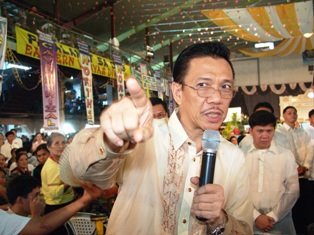I don’t work for Gannett. I am a professional journalist, and a communications specialist by education. I have some doubts about this Gannett approach. From newspaper to information center, that’s their business. But looking at it from the perspective of legitimate communication practice leaves some doubt.
The Memo begins: “The
Note that it says, “want.” News is news whether we want it or not. Information is information whether we like it or not. This could be excused and counted as an inadvertent slip, but here it says again: “News and information will be delivered to the right media -- be it newspapers, online, mobile, video or ones not yet invented -- at the right time. Our customers will decide which they prefer.”
Preferred medium? This maybe doable and still expedient business-wise, but at best, these are all mere desiderata. The variety of media per se is not the problem, however, but the nature of some of these media is. When in print or online, the contents are there for reader inspection and evaluation. But when it comes to video and mobile, the reader has very little chance at evaluating objectively the presentation of news. News in these media will have become more as editorials rather than the more objective news.
I would congratulate Gannett if it were able to control and preserve the news elements when they get transformed from newspaper approach to video and mobile. Otherwise, what they would be producing is something other than news.
What obviously would compound problems in the Gannett approach? The memo says, “The changes impact all media, and the public has approved. Results include stronger newspapers, more popular Web sites and more opportunities to attract the customers advertisers want.”
The big question then is: how much representation did reporters have in the decision-making of this plan? They are stakeholders who are the very workhorses who make possible the existence of news agencies. In critical plans like this, they need to be represented because they have to be asked their commitment, how much they are willing to risk and give up and bend over and accept. For this approach, let’s face it: advertisers will hog the operations and the way “news” will be treated. This is the very reason reporters have to be asked their say. Their write-ups will constantly have to be chopped up, re-directed, changed, or embargoed altogether and they can only take so much.



